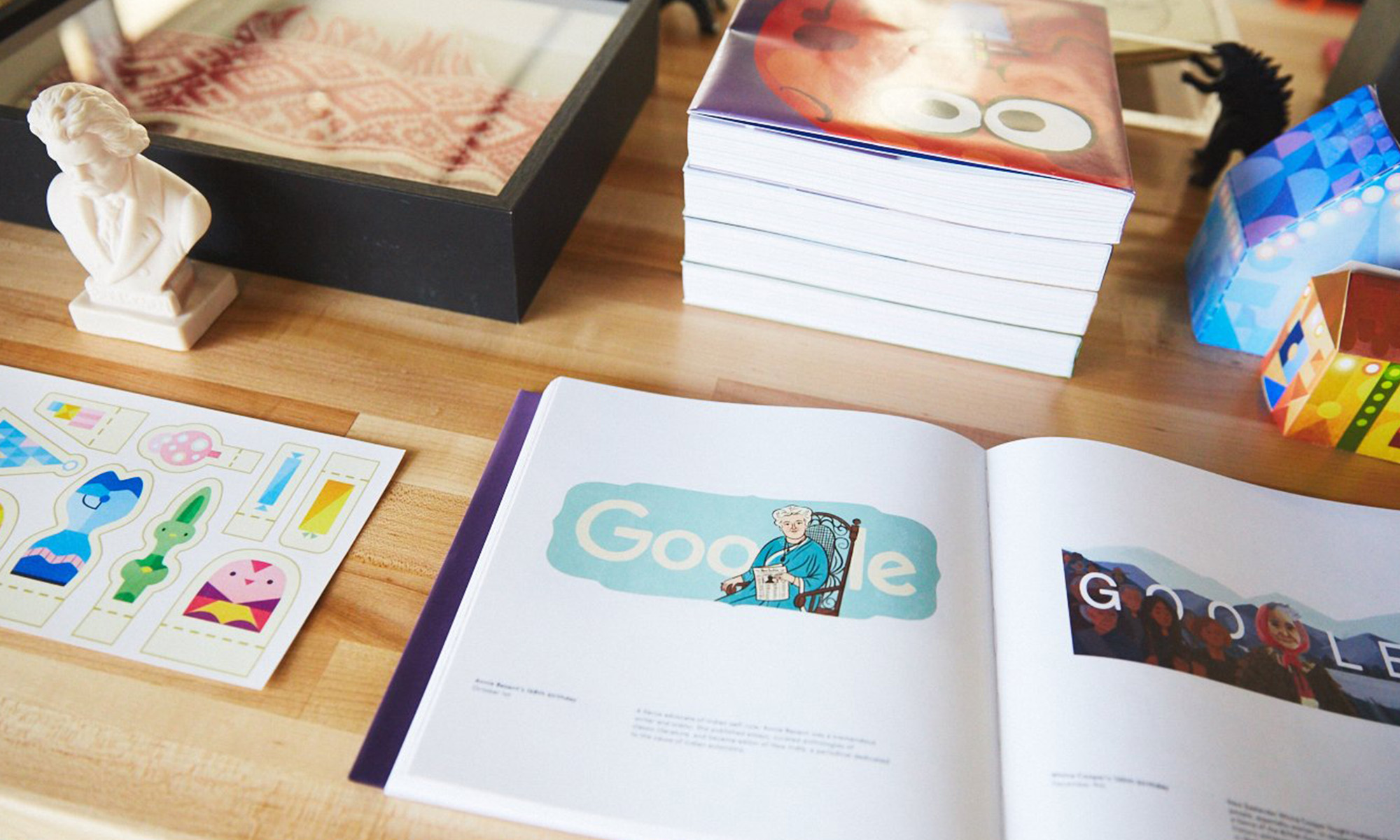In less than three decades, Alphabet has grown to become one of the world’s most valuable companies.
Alphabet (GOOGL 0.70%) (GOOG 0.74%) currently carries a gargantuan market cap of $2.2 trillion, making it one of the most valuable companies on the face of the planet. It is undoubtedly a leader when it comes to internet and tech-related services. And in the past decade, shares have soared 550%.
Investors probably have this top-tier business on their watch lists as a potential portfolio addition. But before buying, here are three must-know facts about Alphabet you can’t miss.
Alphabet’s sprawling internet empire
Investors are certainly familiar with Alphabet’s crown jewel, Google Search. This segment has 89% global market share, according to Statcounter. And in the latest quarter (the third quarter of 2024, ended Sept. 30), this platform single-handedly raked in $49.4 billion in revenue, representing 56% of the company’s total.
However, there are numerous other segments that make up the Alphabet empire. There’s YouTube, Android, and Google Cloud, for example. And within the company’s “other bets” segment, autonomous driving enterprise Waymo is a big component.
Alphabet is undoubtedly a dominant internet company. An impressive 15 of its products and services are used by 500 million people or more. That’s hard to wrap your head around, and it gives the company incredible reach.
But it’s important to point out that digital advertising is the primary way this business makes its money. Last quarter, $65.9 billion (75% of the total) came from these efforts. Alphabet has a leading global market share in the digital ad industry.
Financial fortitude
Investors won’t find many companies that are in better financial shape than this one. Alphabet is consistently profitable, with an average operating margin of 27.1% in the past five years. It has reached such a huge scale that it can easily more than cover all of its expenses, leading to strong bottom-line performance.
The business is also cash-rich. During the last three months, it generated $17.6 billion in free cash flow, representing 20% of total revenue. This helps fund share repurchases and dividend payouts.
Alphabet’s balance sheet is in pristine shape. As of Sept. 30, the business had $93.2 billion in cash, cash equivalents, and marketable securities. This was well in excess of the $12.3 billion in long-term debt on the books.
Owning companies like this drastically reduces financial risk. The chances of Alphabet experiencing financial troubles or needing to raise capital during unfavorable conditions are extremely low. This helps shareholders sleep well at night.
The company’s financial position affords it the ability to continue investing in growth opportunities. The focus recently has been on artificial intelligence (AI), with Alphabet directing resources to develop features that better serve its users and advertisers.
Durable competitive edge
Investors can meaningfully increase their chances of success if they focus more on finding businesses that possess an economic moat. This means that they have durable competitive advantages that bolster their positions in their respective industries, protecting them from the threat of disruption.
Alphabet fits this description. Its key competitive strength comes primarily from its network effects. Google Search, the most important part of the company, becomes more valuable to users, advertisers, and website publishers the larger it gets.
Viewed with this perspective as a developed operator, it shows just how difficult it would be to launch and scale a competing service that can come even close to Google Search’s dominance. There are certainly other search engines on the market, but none of them hold a candle to Google’s leading industry positioning.
The business also benefits from a strong brand. It has an unmatched ability to collect massive amounts of data that other companies only dream of. From Alphabet’s perspective, that’s a virtuous cycle helping it constantly improve its products and services, making it even more valuable to its various users.
Suzanne Frey, an executive at Alphabet, is a member of The Motley Fool’s board of directors. Neil Patel has no position in any of the stocks mentioned. The Motley Fool has positions in and recommends Alphabet. The Motley Fool has a disclosure policy.

